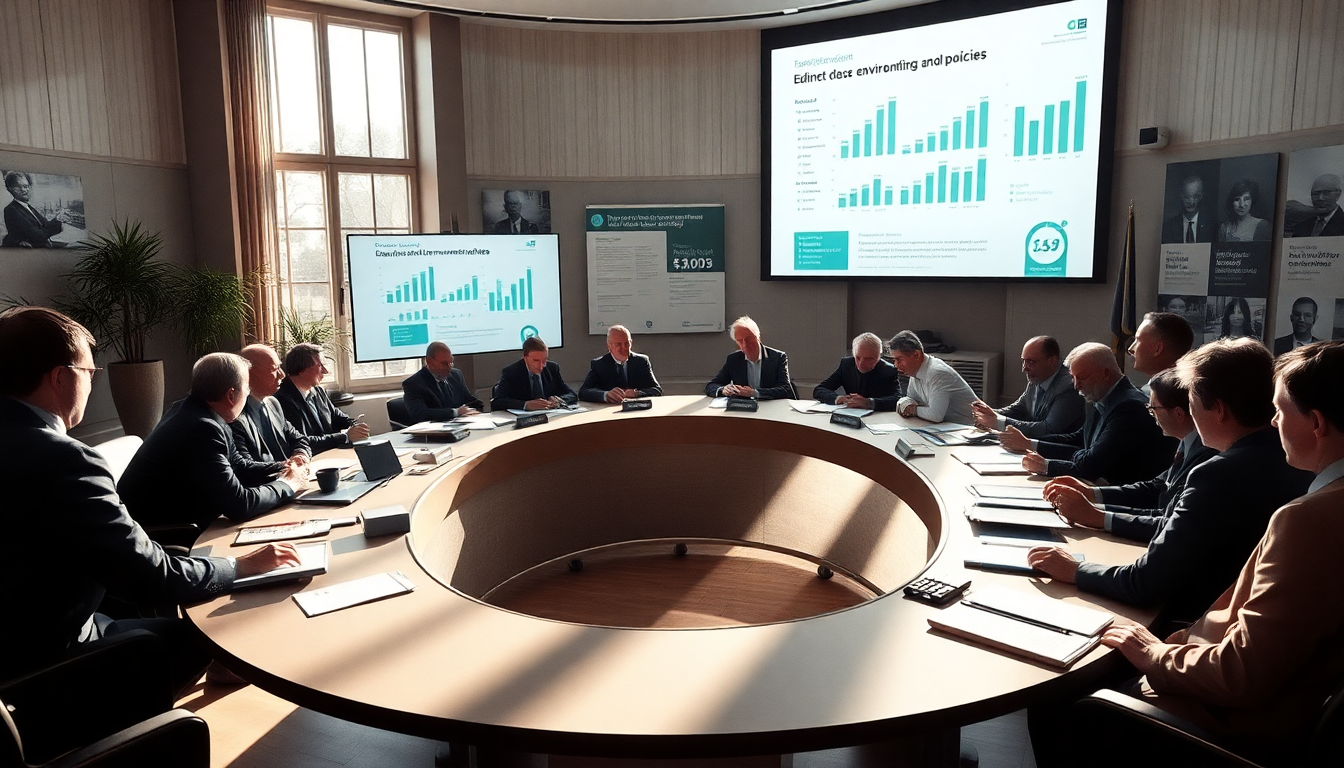Table of Contents
The political scene in Europe has been anything but calm lately, especially with the proposed environmental legislation stirring up intense debates among various political groups. At the center of this storm is the European People’s Party (EPP), whose leader, Manfred Weber, hasn’t held back in criticizing left-leaning parties for what he sees as blatant partisan tactics. But what does this all mean for the future of European politics? Let’s dive into the ongoing confrontation surrounding the greenwashing bill and explore the broader dynamics at play.
What’s the Greenwashing Bill All About?
At the core of this political drama is the Green Claims Directive, which aims to require businesses to back up their environmental claims with solid proof. However, when the European Commission recently decided to ditch this bill, it sent shockwaves through the political landscape, particularly among conservative factions and their centrist and left-leaning counterparts. Weber’s description of the proposal as ‘grotesque’ perfectly illustrates the deep ideological divides that characterize this debate.
Weber’s statements also highlight a growing concern among conservatives about the increasing influence of far-left ideologies in European politics. The EPP’s push to scrap the bill just days before the Commission’s announcement has led many to speculate that the EPP isn’t just a major player in the European Parliament, but also holds substantial influence over the Commission itself. This has fueled accusations from left-leaning representatives, who argue that the EPP is catering to far-right interests, further intensifying tensions between political factions.
The Political Fallout: Realism vs. Ideology
Weber’s critiques go beyond the greenwashing bill; he’s also taken aim at the left’s claims of collusion with extremist groups, arguing that meaningful dialogue needs to be rooted in practicality, not just ideological grandstanding. This makes us wonder: what does the future hold for cooperation among European parties, especially as they face pressing challenges like climate change and economic recovery?
In a world that seems increasingly divided, the call for a more realistic approach might fall on deaf ears. With major elections on the horizon in key EU member states like France and Poland, the urgency for a unified European defense strategy is clear. Weber’s warning that the window for building such a strategy is closing fast only emphasizes the need for prompt action. There’s a real concern that ongoing political squabbles could prevent the EU from responding effectively to external threats, putting collective security at risk.
The Path Ahead for European Unity and Environmental Policy
The fallout from these developments goes beyond immediate legislative outcomes. As the EU grapples with its internal rifts, the challenge of maintaining unity against the backdrop of rising populism and extremism is becoming more critical than ever. Recent events in Vienna, where a far-right party is gaining popularity, serve as a cautionary tale for mainstream political factions across Europe.
How the EPP navigates the greenwashing bill will be a true test of its leadership and its ability to maneuver through the complex terrain of European politics. The party’s future hinges not just on its relationships with centrist and left-leaning groups, but also on its ability to connect with voters who are increasingly fed up with traditional political structures.
In conclusion, the clash over environmental legislation in Europe is more than just a political spat; it reflects deeper struggles within the continent’s political fabric. As parties wrestle with their identities and the consequences of their policies, finding a balance between strong ideological beliefs and the urgent need for collaborative governance will be essential for moving forward.


